The philosophy of wisdom in the last century BCE and its influence on the Christianity
The final century before the Common Era was a period of profound intellectual and cultural exchange in the Mediterranean world, marked by the confluence of Jewish, Greek, and Roman philosophical traditions. Central to this era was the philosophy of wisdom, which emerged as a distinct mode of thought blending ethical reflection, theological speculation, and practical guidance for human flourishing. This philosophy, particularly as expressed in Jewish wisdom literature and its interaction with Hellenistic traditions, significantly influenced the development of early Christian thought.
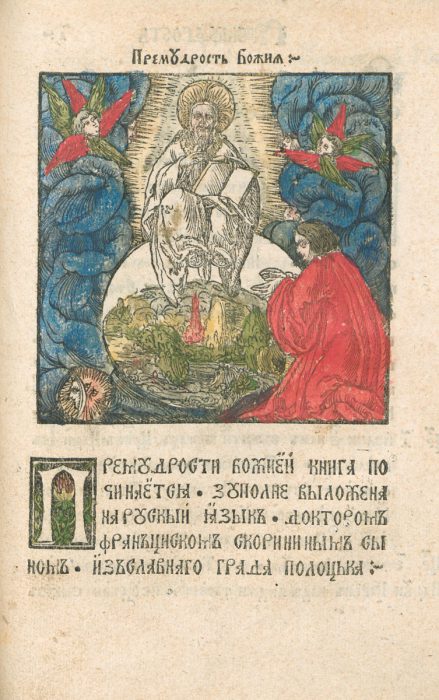
A page from the book “Wisdom of Solomon” of Francysk Skaryna 1518. The book is written in Greek and most likely composed in Alexandria, Egypt. It is not part of the Hebrew Bible but is included in the Septuagint. Generally dated to the mid-first century BCE, or to the reign of Caligula (37-41 CE), the central theme of the work is “wisdom” itself, appearing under two principal aspects. The first aspect is, in its relation to mankind, wisdom is the perfection of knowledge of the righteous as a gift from God showing itself in action. The second aspect is, in direct relation to God, wisdom is with God from all eternity. Source: Wikimedia Commonsꜛ (license: public domain)
The Context of wisdom philosophy in the last century BCE
The late Hellenistic period was characterized by a dynamic interplay of cultures and ideas, facilitated by the political and cultural dominance of Rome and the enduring influence of Greek intellectual traditions. In this context, Jewish communities in the diaspora, particularly in Alexandria, engaged deeply with Hellenistic philosophy, producing works that articulated their religious heritage in philosophical terms.
Hellenistic philosophy and its ethical focus
Hellenistic philosophy, exemplified by schools such as Stoicism, Epicureanism, and Platonism, emphasized the pursuit of virtue, the attainment of inner peace, and the alignment of human life with universal reason or the divine order. These schools of thought provided a framework for understanding human existence in relation to the cosmos, offering practical guidance for navigating life’s challenges.
Jewish thinkers of the period found resonances between these philosophical ideals and the ethical and theological teachings of their own tradition. The concept of logos (reason or word), the emphasis on moral development, and the search for ultimate meaning were particularly influential in shaping Jewish wisdom literature.
Jewish wisdom literature: A bridge between traditions
Jewish wisdom literature, including texts such as Ecclesiasticus (Sirach), the Wisdom of Solomon, and portions of the Dead Sea Scrolls, reflects the synthesis of Jewish and Hellenistic thought during this period. These works emphasize the pursuit of wisdom as both a divine gift and a human endeavor, linking ethical conduct with theological understanding.
The Wisdom of Solomon
The Wisdom of Solomon, written in Greek and likely composed in Alexandria, represents a profound integration of Jewish theology and Greek philosophy. The text portrays wisdom as a divine attribute through which God governs the cosmos and reveals His will to humanity. Wisdom is personified as an emanation of God’s glory, described as “a reflection of eternal light, a spotless mirror of the working of God” (Wisdom 7:26).
The emphasis on wisdom as a mediator between God and creation anticipates later Christian theology, particularly the logos doctrine in the Gospel of John. The association of wisdom with justice, immortality, and divine providence also resonates with Christian teachings on the nature of Christ and the moral order of the universe.
Ecclesiasticus (Sirach)
Ecclesiasticus, or the Wisdom of Ben Sira, written in Hebrew and later translated into Greek, offers a distinctly Jewish perspective on the practical and ethical dimensions of wisdom. The text emphasizes the importance of Torah observance as the foundation of true wisdom, linking intellectual reflection with covenantal faithfulness.
Ben Sira’s integration of philosophical and religious thought reflects the broader Hellenistic context, where Jewish scholars sought to present their tradition as both intellectually rigorous and ethically compelling. This synthesis provided a model for early Christian writers, who similarly sought to articulate their faith within the Greco-Roman intellectual milieu.
Philo of Alexandria: Wisdom, logos, and theology
Philo of Alexandria (circa 20 BCE–50 CE) stands as a pivotal figure in the development of wisdom philosophy and its influence on Christian thought. As a Hellenistic Jewish philosopher, Philo sought to harmonize the teachings of the Hebrew scriptures with the philosophical principles of Platoism and Stoicism.
Wisdom and the logos
Philo’s conception of the logos as the divine reason that orders the cosmos and mediates between God and creation had a profound impact on Christian theology. Drawing on Platonic and Stoic ideas, Philo described the logos as both the rational principle underlying the universe and the means through which God interacts with the material world.
Philo’s writings, such as On the Creation and Who Is the Heir of Divine Things?, portray the logos as a personification of divine wisdom, emphasizing its role in creation, revelation, and redemption. These ideas provided a conceptual bridge between Jewish wisdom traditions and the logos doctrine developed in the prologue to the Gospel of John, where Christ is identified as the incarnate logos.
Ethics and virtue
Philo also emphasized the ethical dimensions of wisdom, portraying the pursuit of virtue as a path to divine likeness. His interpretation of biblical figures as exemplars of philosophical virtue reflects the integration of Jewish ethical ideals with Hellenistic philosophical practices. This approach influenced early Christian moral theology, particularly in its emphasis on the imitation of Christ as the model of virtuous living.
The influence of wisdom philosophy on early Christianity
The synthesis of Jewish and Hellenistic wisdom traditions laid the intellectual and theological groundwork for early Christianity, shaping its understanding of Christ, ethics, and salvation.
Christ as wisdom and logos
The New Testament frequently identifies Christ with the concept of divine wisdom, drawing on the Jewish tradition of personified wisdom as found in the Wisdom of Solomon and Proverbs 8. Passages such as 1 Corinthians 1:24, where Paul describes Christ as “the power of God and the wisdom of God”, reflect this continuity.
The prologue to the Gospel of John explicitly connects Christ with the logos, presenting Him as the divine Word through whom all things were created. This identification of Christ with both wisdom and logos illustrates the profound influence of Philo and Jewish wisdom literature on Christian theology.
Ethical teachings and the Sermon on the Mount
The ethical teachings of Jesus, particularly as articulated in the Sermon on the Mount, reflect the integration of wisdom philosophy with Jewish covenantal ethics. Themes such as humility, compassion, and the pursuit of righteousness resonate with the ideals of both Jewish wisdom literature and Hellenistic philosophy, emphasizing the transformative power of divine wisdom in human life.
The epistles and the virtue tradition
Pauline writings, such as Galatians 5:22-23 and Philippians 2:5-11, demonstrate the influence of wisdom philosophy on early Christian ethical thought. Paul’s emphasis on the cultivation of virtues, the imitation of Christ, and the alignment of human life with divine will reflects the integration of Jewish and Hellenistic ethical traditions.
Conclusion
The philosophy of wisdom in the last century BCE represents a pivotal moment in the history of thought, where Jewish and Hellenistic traditions converged to create a rich and dynamic intellectual landscape. This synthesis profoundly influenced the development of early Christian theology and ethics, providing the conceptual tools for articulating the nature of Christ, the moral life, and the relationship between humanity and the divine.
References and further reading
- Alexander Brungs, Georgi Kapriev, Vilem Mudroch, Die Philosophie des Mittelalters. Bd. 1. Byzanz. Judentum, 2019, Schwabe Verlagsgruppe, ISBN: 9783796526237
- Walter Dietrich, Hans-Peter Mathys, Thomas Römer, Rudolf Smend, Die Entstehung des Alten Testaments, 2014, Verlag W. Kohlhammer, ISBN: 9783170203549
- Richard Friedman, Who Wrote The Bible?, 2019, Simon & Schuster, ISBN: 9781501192401
- James Karl Hoffmeier, Akhenaten And The Origins Of Monotheism, 2015, Oxford University Press, USA, ISBN: 9780199792085
- Jan Assmann, From Akhenaten to Moses - Ancient Egypt and religious change, 2014, Oxford University Press, ISBN: 9789774166310
- Benjamin D. Sommer, The Bodies Of God And The World Of Ancient Israel, 2009, Cambridge University Press, ISBN: 9780521518727
- William G. Dever, Did God have a wife? - Archaeology and folk religion in ancient Israel, 2008, Wm. B. Eerdmans Publishing, ISBN: 9780802863942
- James S. Anderson, Monotheism and Yahweh’s appropriation of Baal, 2015, Bloomsbury T&T Clark, eThe Library of Hebrew Bible/Old Testament Studies, ISBN: 978-0567683076
- Stephen Mitchell, Peter Van Nuffelen, One God – Pagan monotheism In the Roman Empire, 2010, Cambridge University Press, ISBN: 9780521194167
- William G. Dever, Who were the early Israelites and where did they come from?, 2006, Wm. B. Eerdmans Publishing, ISBN: 9780802844163
- William M. Schniedewind, How the Bible became a book – The textualization of ancient Israel, 2004, Cambridge University Press, ISBN: 9780521829465
- Bart D. Ehrman, The New Testament – A historical introduction to the early Christian writings, 2000, Oxford University Press, USA, ISBN: 9780195126396
- Bart D. Ehrman, Forged: Writing in the name of God – Why the Bible’s authors are not who we think they are, 2011, HarperOne, ISBN: 9780062012616
- Bart D. Ehrman, Jesus – Apocalyptic prophet of the new millennium, 1999, Oxford University Press on Demand, ISBN: 9780195124736
- Bart D. Ehrman, God’s problem: How the Bible fails to answer our most important question – Why we suffer, 2008, HarperOne, ISBN: 9780061578311
- Israel Knohl, The Messiah Before Jesus - The Suffering Servant Of The Dead Sea Scrolls, 2000, Univ of California Press, ISBN: 9780520215924
- Smith, M. S., The Early History of God: Yahweh and the Other Deities in Ancient Israel, 2002, Eerdmans, ISBN: 978-0802839725
- Coogan, M. D., The Oxford History of the Biblical World, 2001, Oxford University Press, ISBN: 978-0192802033
- Miller, P. D., The Religion of Ancient Israel, 2007, Westminster John Knox Press, ISBN: 978-0664232375
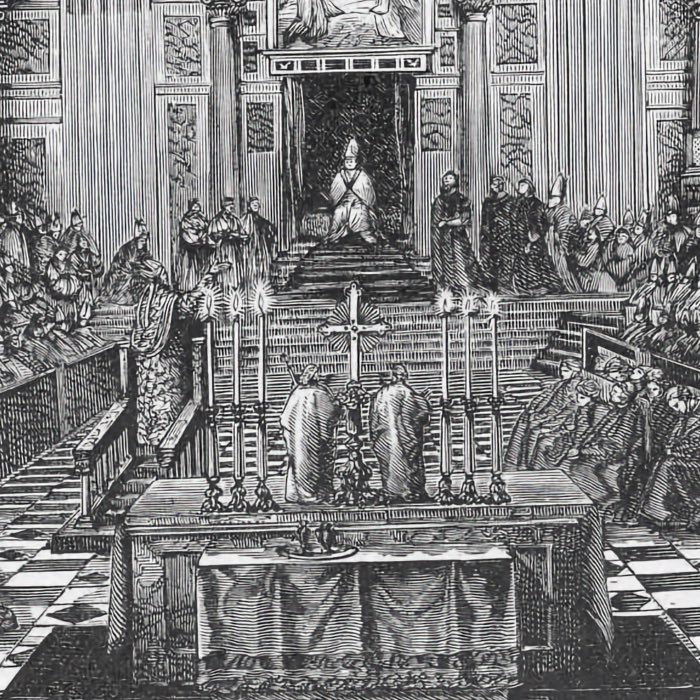


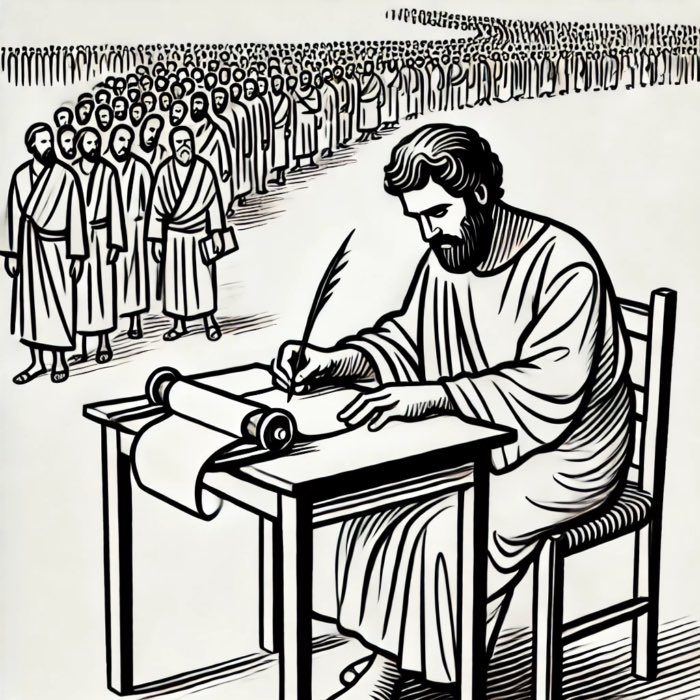

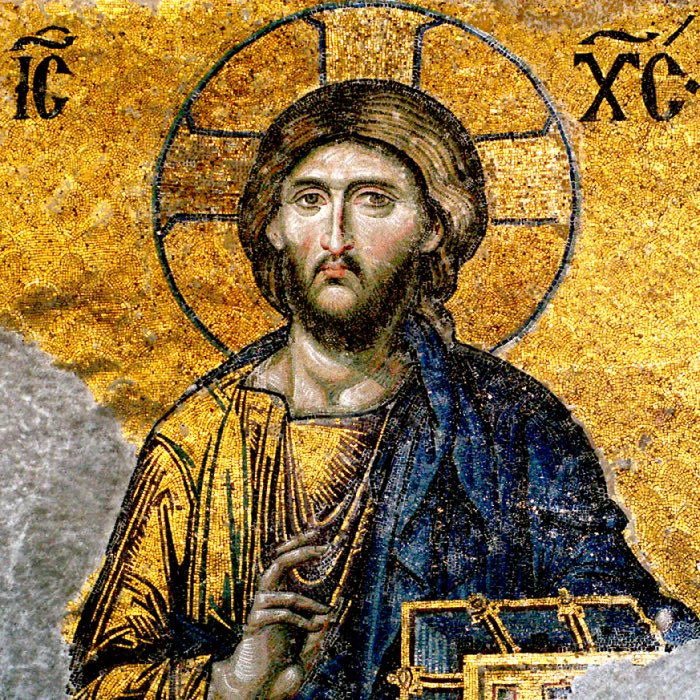




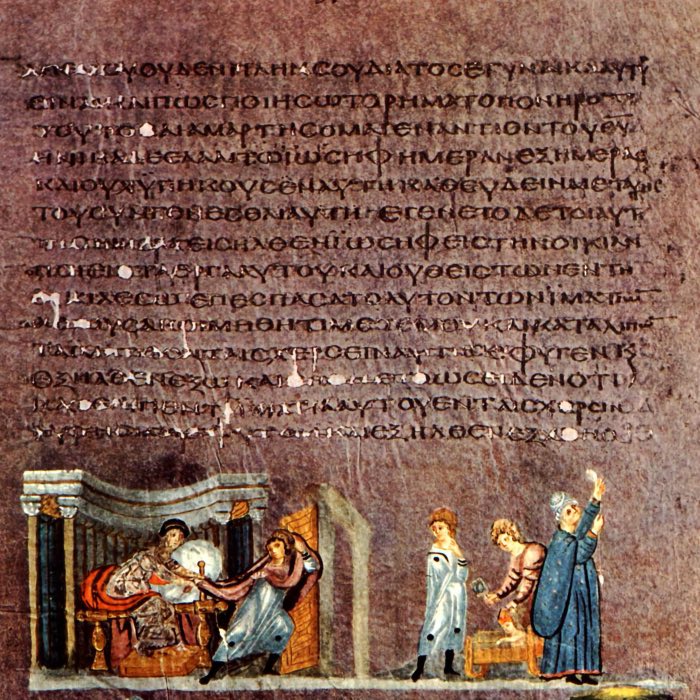
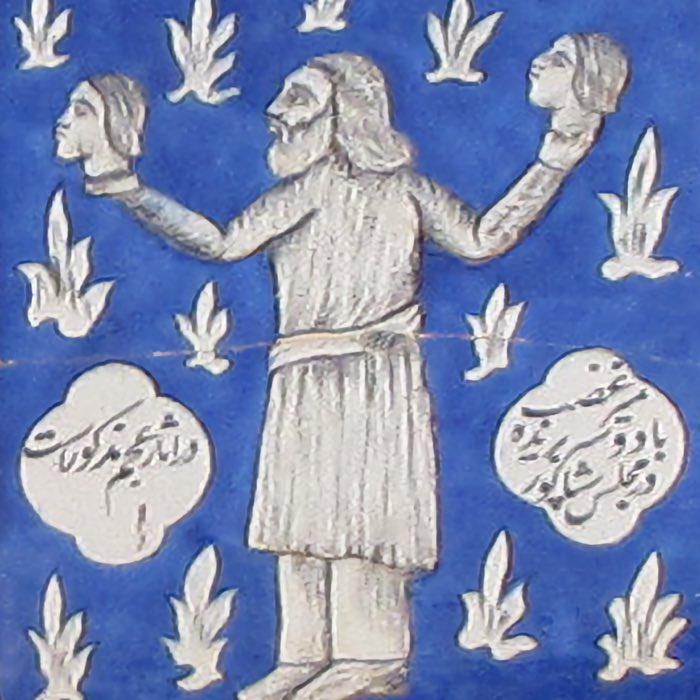
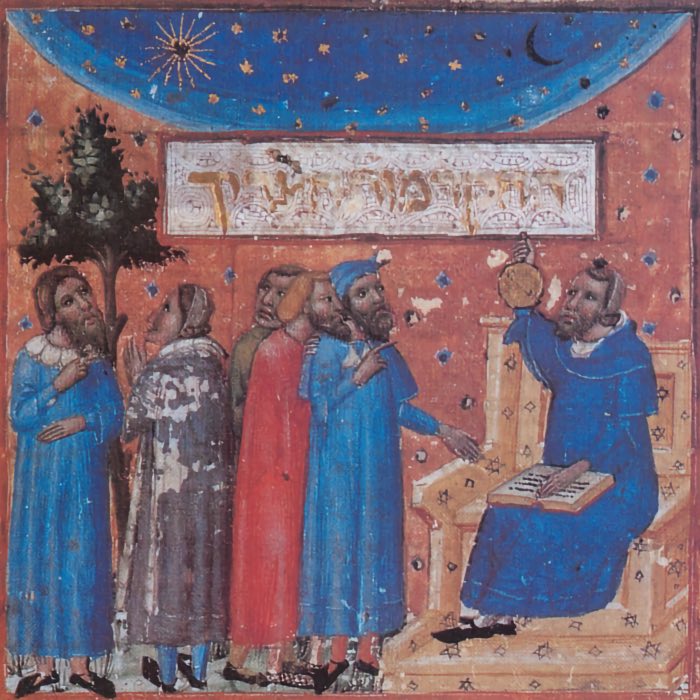
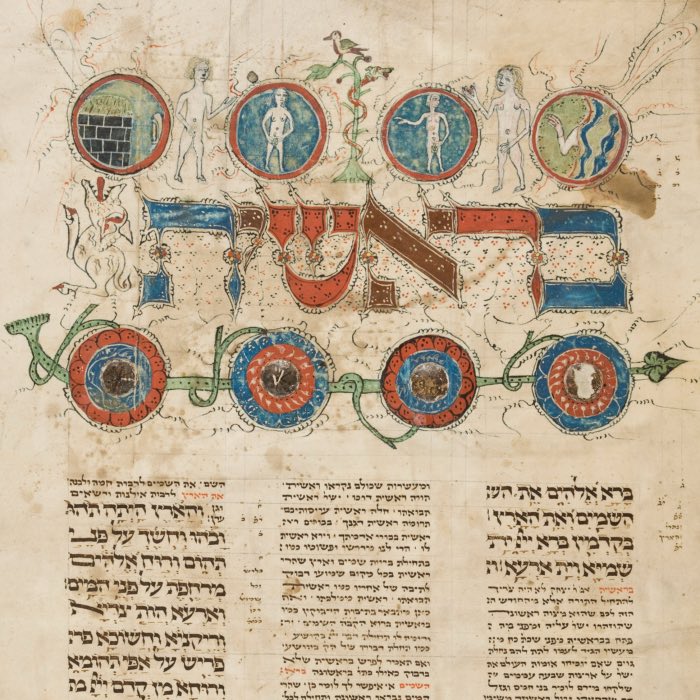
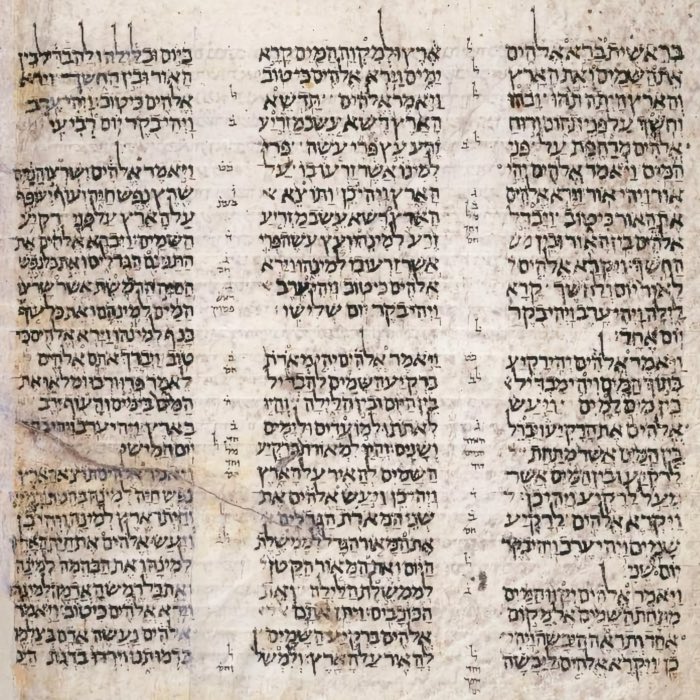
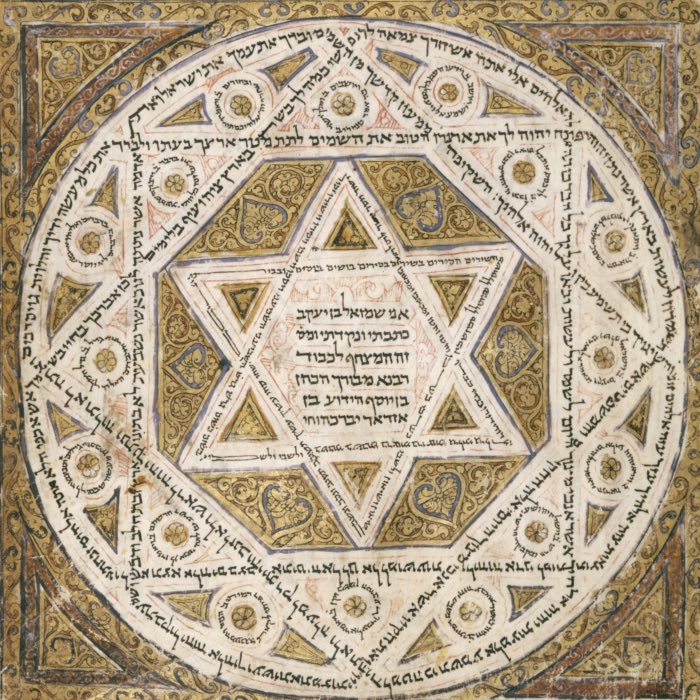
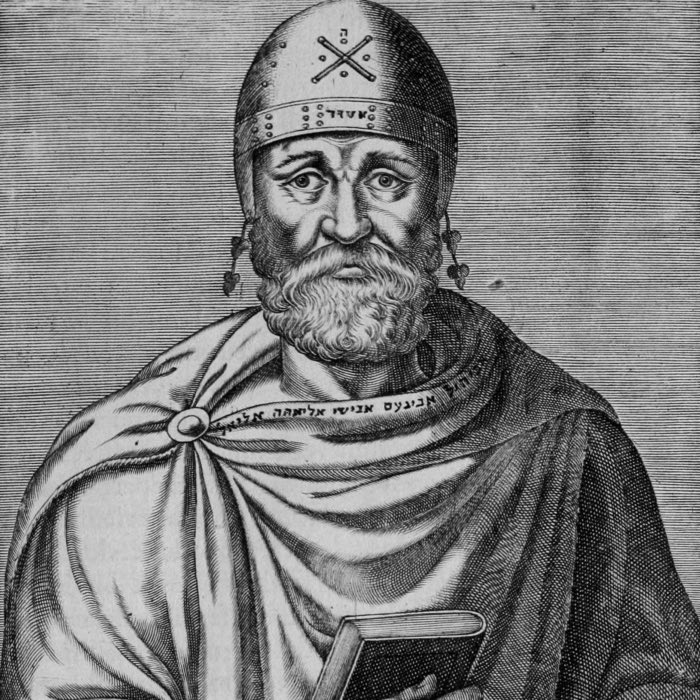

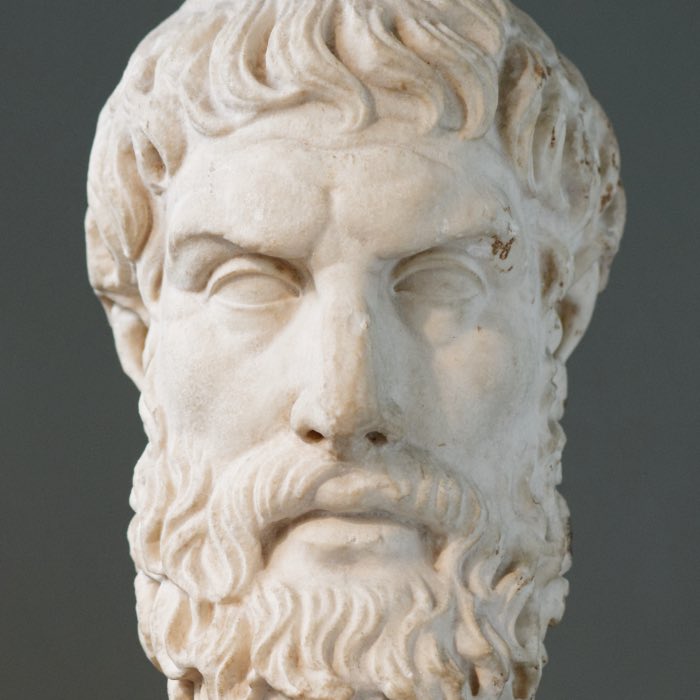
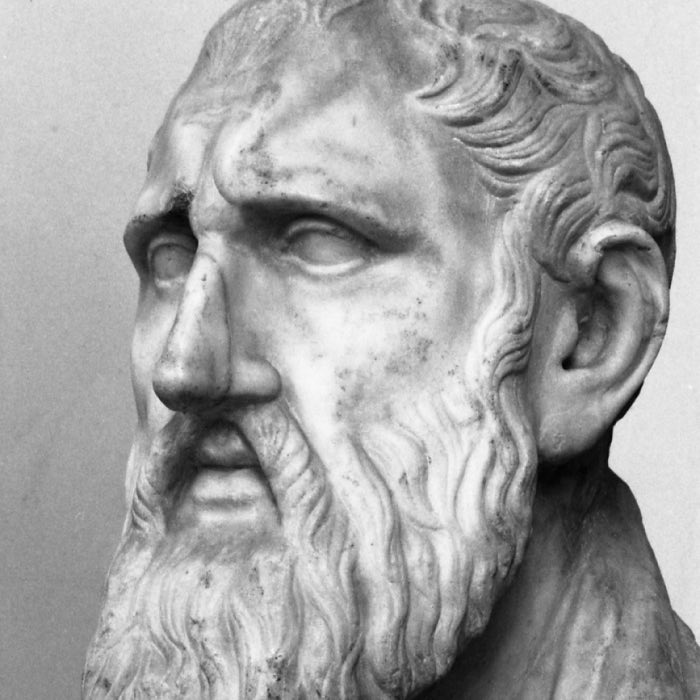
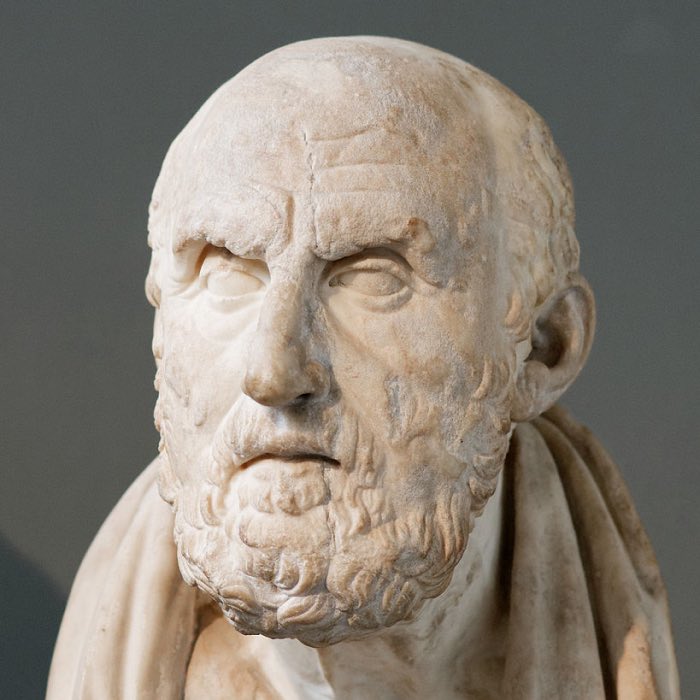
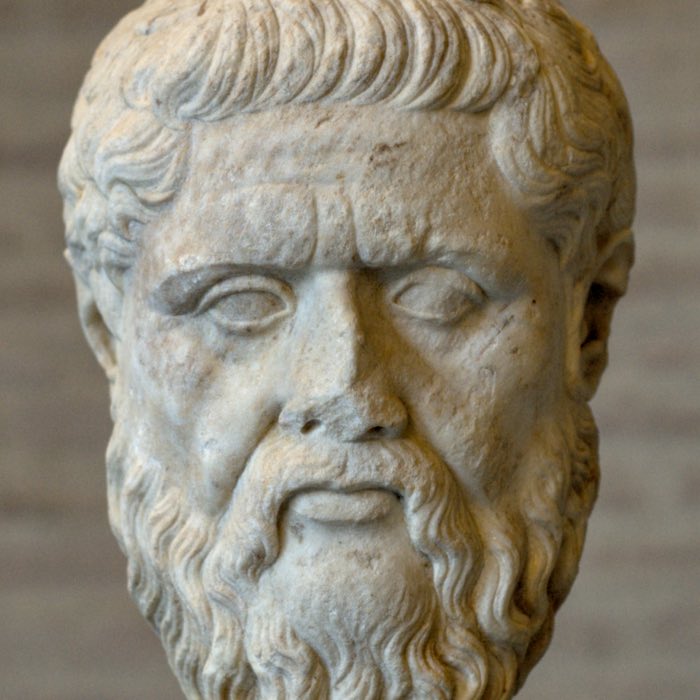
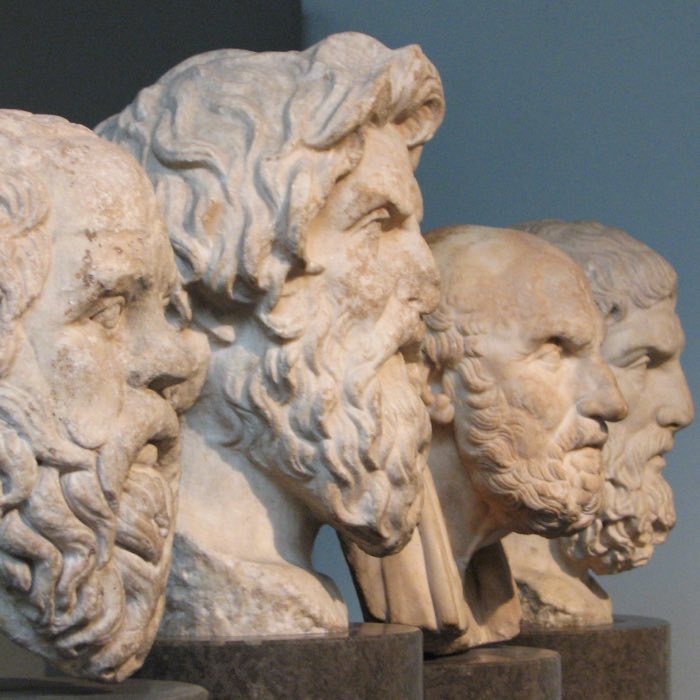








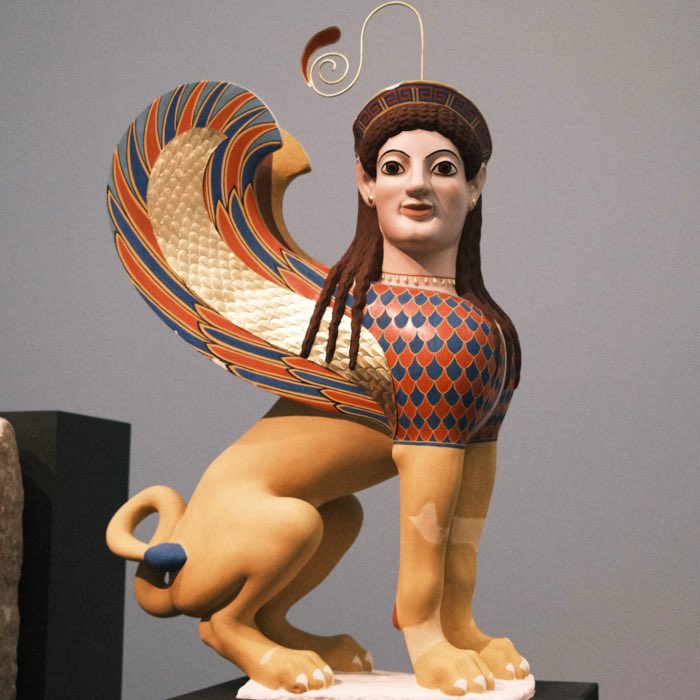
comments